European Astro Pi: Mission complete
In October last year, with the European Space Agency and CNES, we launched the first ever European Astro Pi challenge. We asked students from all across Europe to write code for the flight of French ESA astronaut Thomas Pesquet to the International Space Station (ISS) as part of the Proxima mission.
The winners were announced back in March, and since then their code has been uploaded to the ISS and run in space!
Code from 64 student teams ran between 28 April and 10 May, supervised by Thomas, in the European Columbus module.
We can confirm student programs are finished, results are downloaded from @Space_Station and teams will receive their data by next week 🛰️📡
— Astro Pi (@Astro_Pi) May 11, 2017
On 10 May the results, data, and log files were downloaded to the ground, and the following week they were emailed back to the student teams for analysis.
On vient de recevoir les données enregistrées par nos codes #python depuis l' #iss @CNES @astro_pi @Thom_astro . Reste à analyser tout ça! pic.twitter.com/TJEcpCviU2
— Ecole St-André d'E (@ecoleStAndre05) May 19, 2017
We’ve looked at the results, and we can see that many of the teams have been successful in their missions: congratulations to all of you! We look forward to reading your write-ups and blogs.
In pictures
In a surprise turn of events, we learnt that Thomas set up a camera to take regular pictures of the Astro Pi units for one afternoon. This was entirely voluntary on his part and was not scheduled as part of the mission. Thank you so much, Thomas!
Some lucky teams have some very nice souvenirs from the ISS. Here are a couple of them:
Until next time…
This brings the 2016/17 European Astro Pi challenge to a close. We would like to thank all the students and teachers who participated; the ESA Education, Integration and Implementation, Ground Systems, and Flight Control teams; BioTesc (ESA’s user operations control centre for Astro Pi); and especially Thomas Pesquet himself.
Thomas and Russian Soyuz commander Oleg Novitskiy return to Earth today, concluding their six-month stay on the ISS. After a three-hour journey in their Soyuz spacecraft, they will land in the Kazakh steppe at approximately 15:09 this afternoon. You can watch coverage of the departure, re-entry, and landing on NASA TV.
Astro Pi has been a hugely enjoyable project to work on, and we hope to be back in the new school year (2017-18) with brand-new challenges for teachers and students.

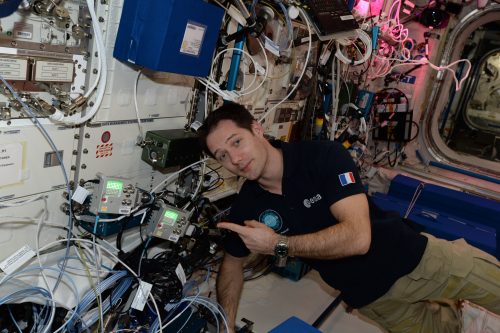
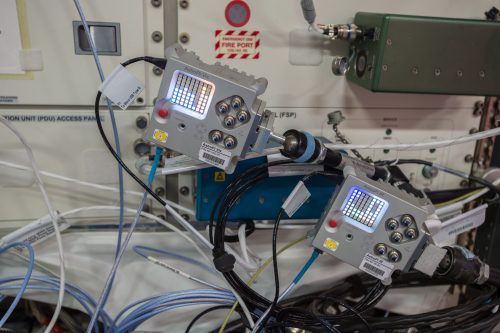
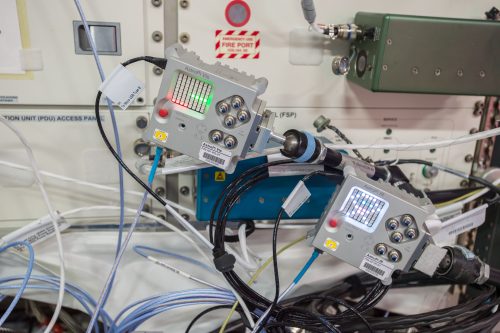
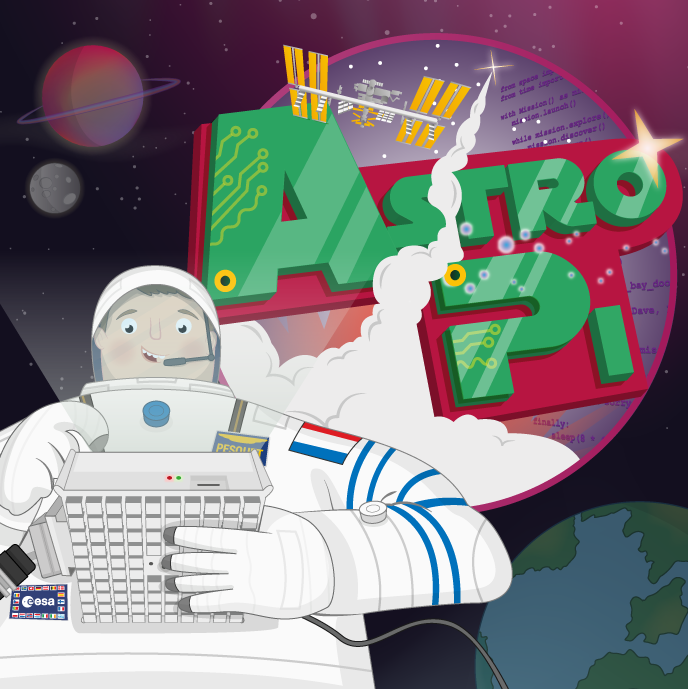
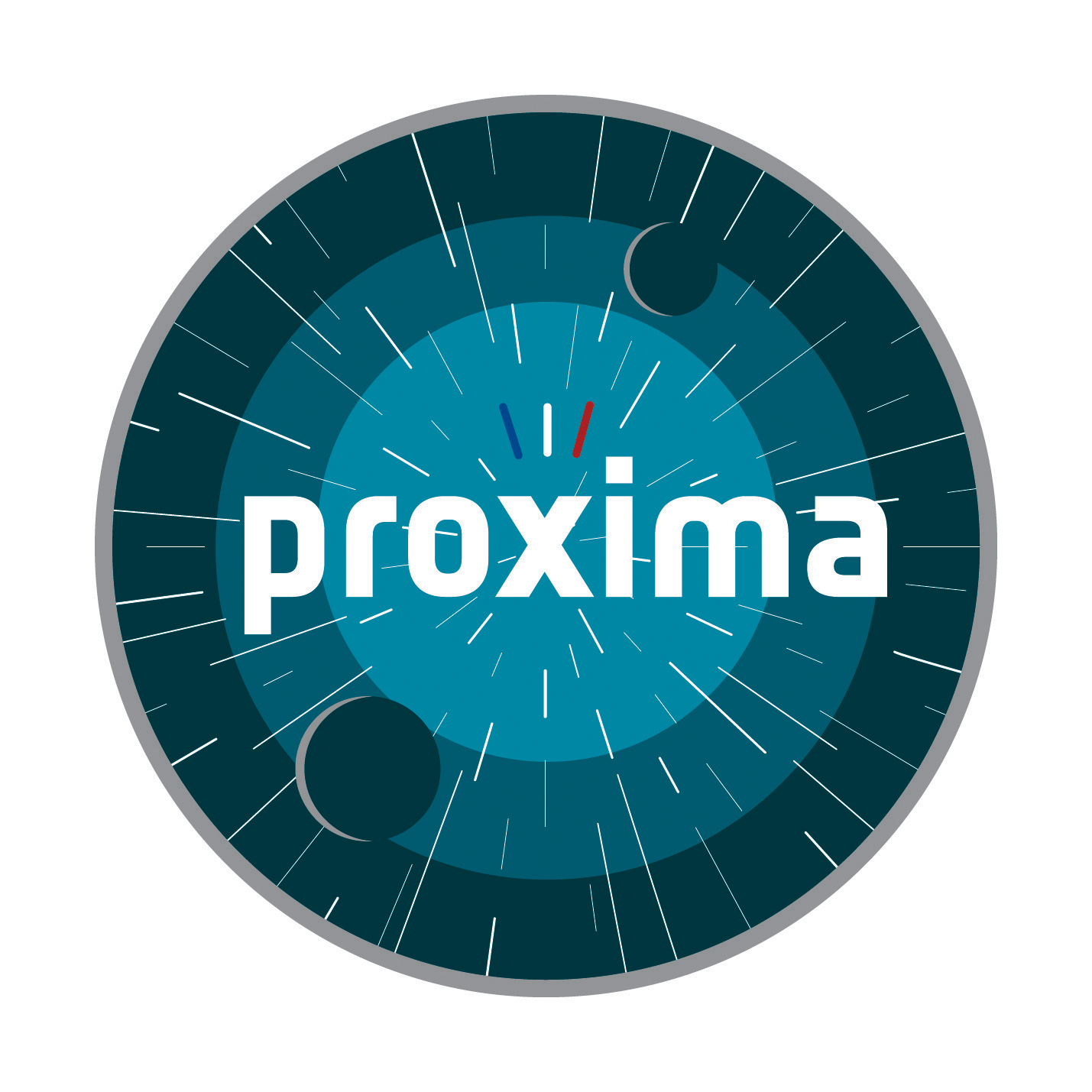
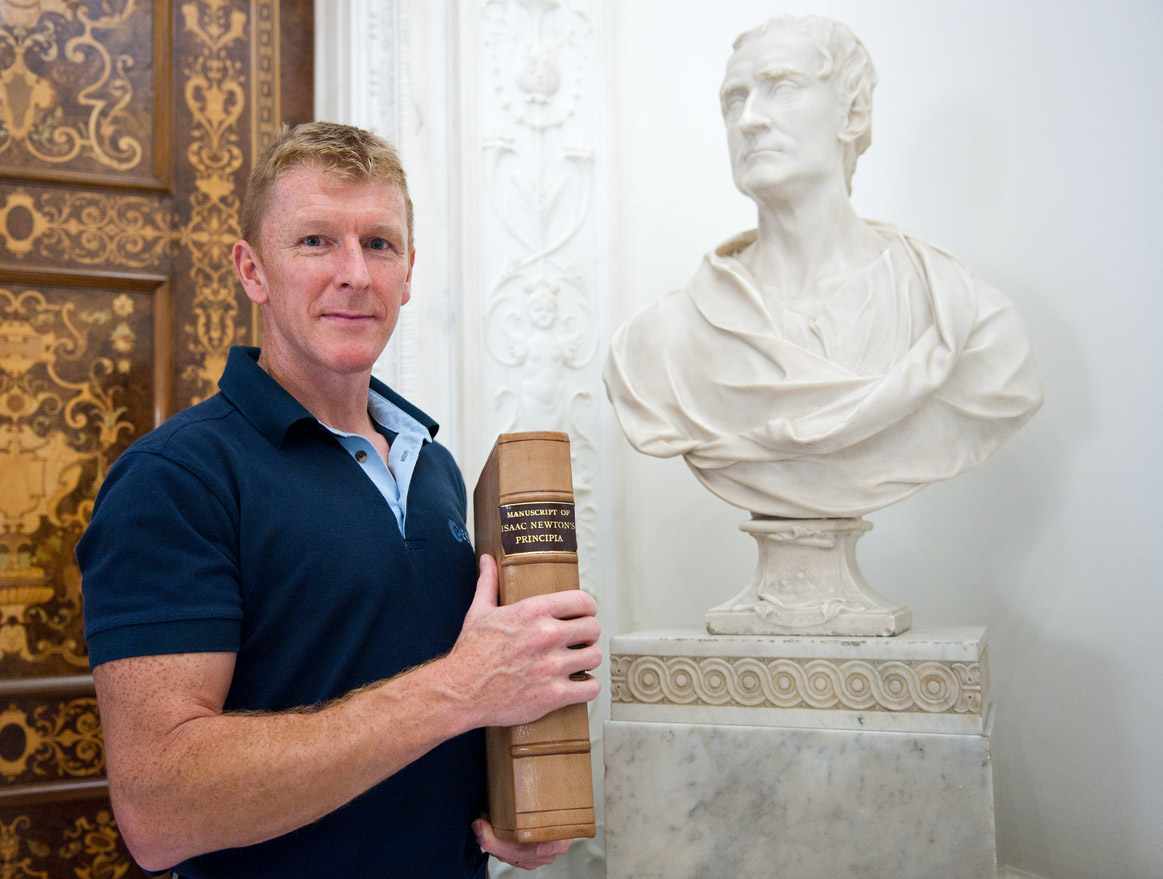
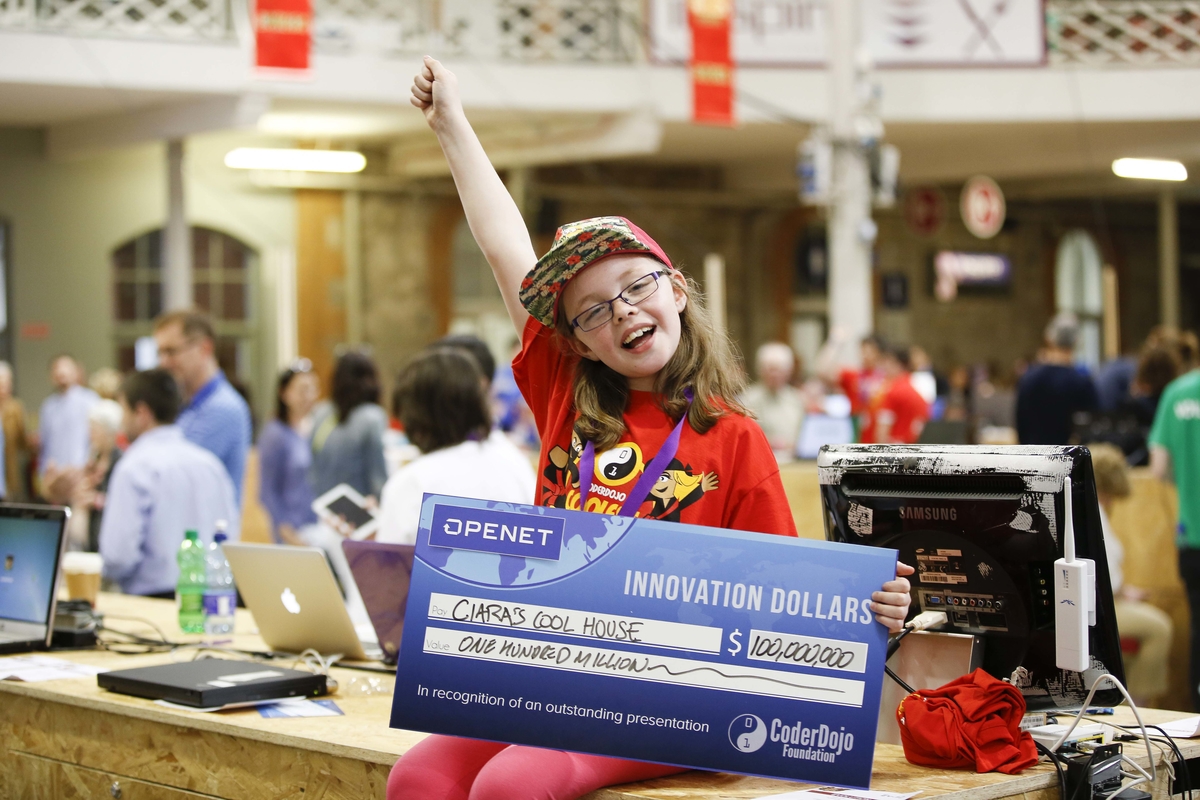
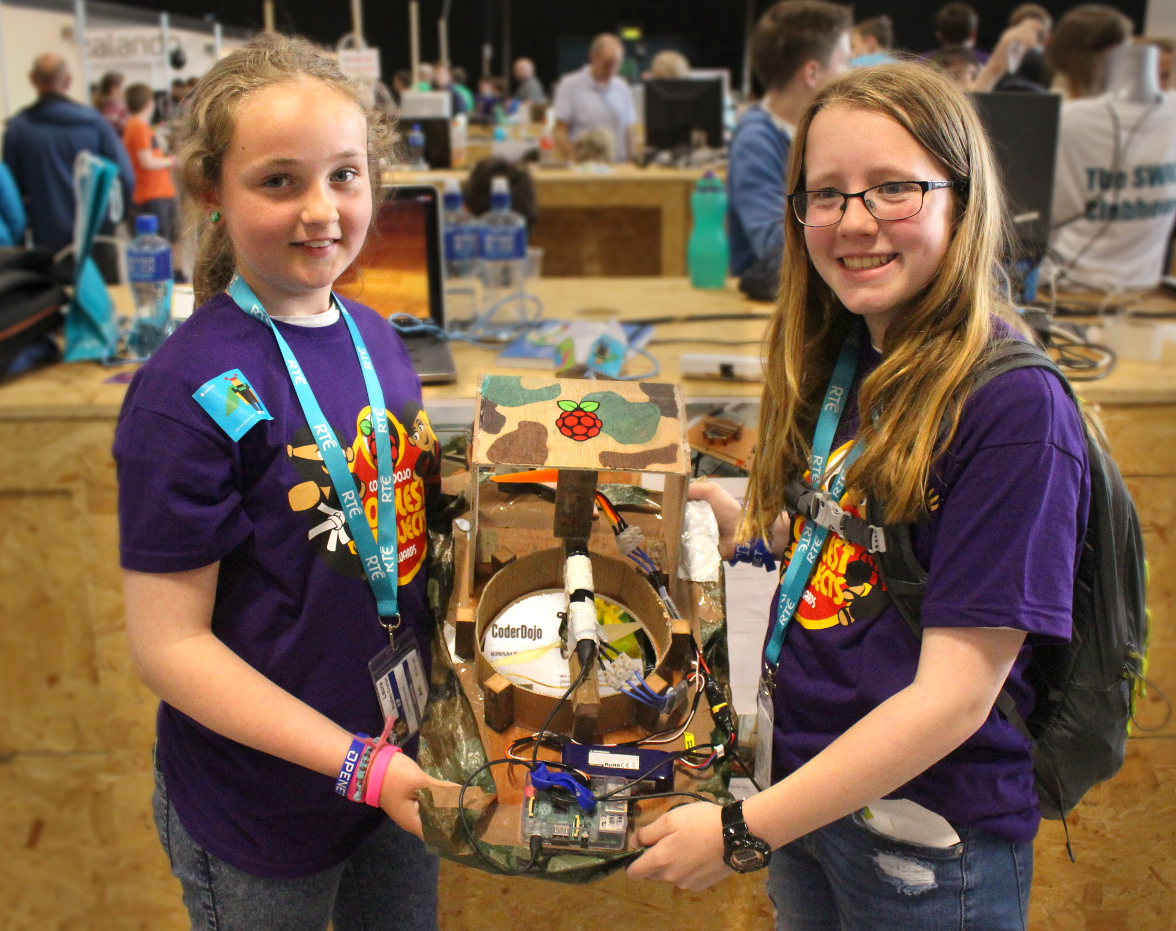
2 comments
karan
And american astronaut Peggy Whitson will also land.
David Honess — post author
Peggy is remaining on the ISS for another 8 weeks.